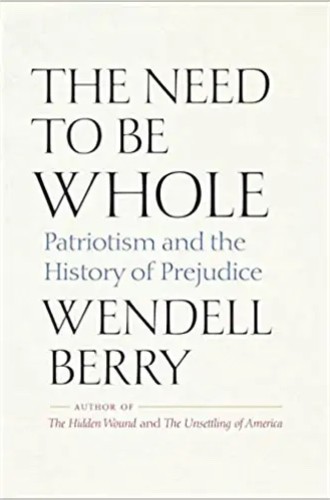Labor, land, and racism
Fifty years later, Wendell Berry revisits the themes he introduced in The Hidden Wound.
In his slim but profound book The Hidden Wound, first published in 1970, Wendell Berry wrestled with the enduring effects of American race-based slavery on “the heart of the society as a whole and of every person in the society.” Recounting his great-grandfather’s sale of an enslaved person and his own childhood friendships with rural men and women of color, Berry linked the persistence of American racism to the enduring conviction that some physical labor, particularly the “degrading” work of agriculture, was beneath the station of many White settlers and their descendants. From its colonial foundation to this day, Berry claimed, the United States has relegated direct care for the land to those it scorns: the poor, the slave or indentured servant, the sharecropper, the “hillbilly,” the “rube,” and the immigrant.
Fifty years later, Berry revisits the intersection of racism, the stigma of agricultural labor, and the pervasive abuse of the land in The Need to Be Whole. In the many books he wrote in the interim, Berry refined and expanded his central claims that abuse of the land inevitably entails abuse of others, that the corrective to this abuse is a network of healthy local economies, and that “the smallest unit of health is a community.”
For Berry, there are no autonomous people and no isolated social problems. Thus, while acknowledging that “it is obvious that race prejudice or white supremacy is the original and fundamental mistake in the European conquest of this country,” he sees questions of structural racial discrimination as part of a larger discussion about an economy founded on the abuse of the land and its inhabitants: displacing Native people, depleting the soil, destroying landscapes with extractive industries, and targeting the small family farm for extinction. “We need to remember,” Berry writes, “that we solved the one great problem of slavery while ignoring every issue raised by our manner of doing so, and that when the slaves were ‘freed,’ we resorted to an industrial system that exploits and enslaves people in other ways for other purposes, leaving them stranded and hopeless.”





